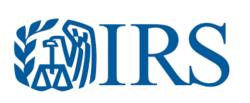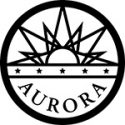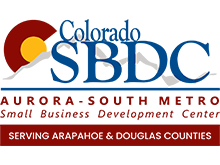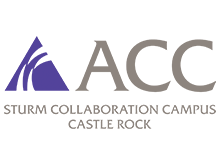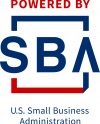Dirty Dozen 11 – Abusive Tax Shelters

The Internal Revenue Service warned taxpayers to be wary of abusive tax shelters, which remain on the “Dirty Dozen” tax scams.
Tax law generally allows businesses to create “captive” insurance companies to protect against certain risks. Traditional captive insurance typically allows a taxpayer to reduce insurance costs. The insured business claims deductions for premiums paid for insurance policies. Those amounts are paid, either as insurance premiums or reinsurance premiums, to a “captive” insurance company owned by the insured or parties related to the insured.
Be sure to avoid participating in schemes that lack the attributes of genuine insurance, e.g., coverage may insure implausible risks, fail to match genuine business needs, or duplicate the taxpayer’s commercial coverage. Read more…
